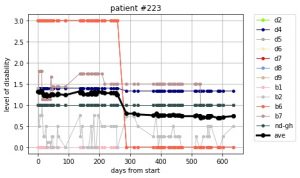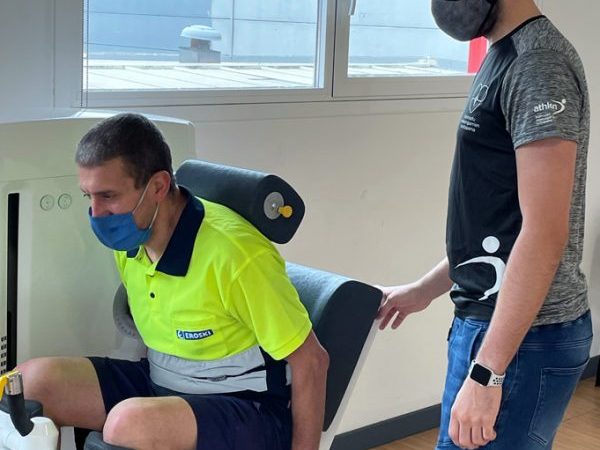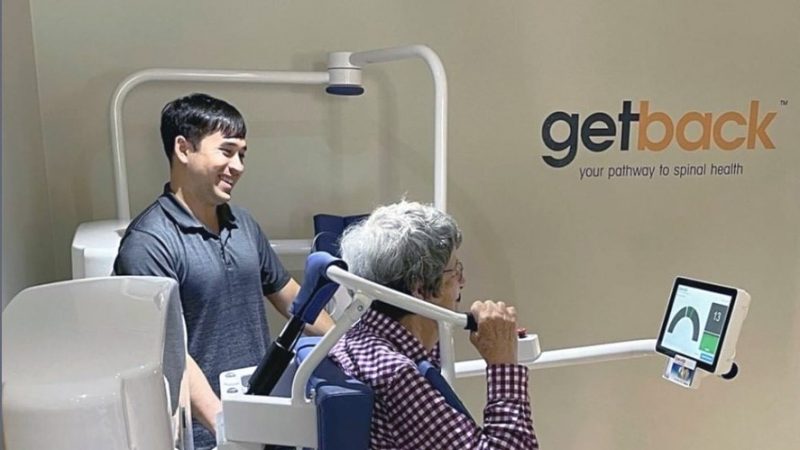As a doctor, I was trained in treating people as a whole and not just the symptom at hand. We build a holistic picture of the patient’s state by asking questions and interpreting the answers in cultural context. A clinical evaluation and necessary medical tests are performed. We compare our findings to prior knowledge from books, journals, lectures and other patient cases. A diagnose is made and proper care is given, taking into account cost-benefit, ethical and other considerations. We also help the patient through the process and offer comfort in situations of distress. Natural human intelligence at its best.
Artificial Intelligence (AI) is the new buzz-word in technology. In healthcare, it is touted as the game changer in dealing with rising treatment costs and managing the information overload. I see headlines all the time declaring AI superior to humans in this and that.
Many of us dealing with AI development think that the term AI is over-hyped.
Current trends in AI development
Many of us dealing with AI development think that the term AI is over-hyped. The term is often associated with systems that have very little to do with artificial intelligence. It has become a marketing term in describing almost anything to do with computers. True AI means software that learns from data and changes its own behaviour in optimizing results.
AI-programs shine in recognizing distinct patterns in large, homogenous datasets. Some AI-algorithms can detect Alzheimer’s disease in MRI-pictures earlier than doctors.
Teaching AI requires a lot of data – quality data. Microsoft had to shut down its Tay.ai chat-bot that learned from the malicious interaction of its users. It became a Hitler-loving, feminist-bashing troll in a single day. We do not want this kind of learning bias in systems making health decisions.
No amount of computing power will help if the critical pieces of information are missing.
AI in healthcare
Acquiring quality health data can be challenging. In most cases it is scattered in multiple systems and access to it is heavily regulated. Interpreting medical jargon is also a monumental task as it is mostly in text format. Available patient data usually represents just a snapshot in time. No amount of computing power will help if the critical pieces of information are missing.
Computers do not understand concepts in the way humans do. Amazon recently scrapped a recruitment AI-tool when it started showing bias against women. Computer models were trained with resumes of mostly male applicants. Nobody remembered to teach the system about gender equality.
The largest software developer in Finland requires an ethical programming course for all of its employees working with AI.
Health is one of the more difficult concepts to define. It consists of countless components and people value them differently. If not properly defined, we might end up optimizing some components at the cost of others. We must not forget the ethical questions; sometimes the most optimal solution is not the most humane one. The largest software developer in Finland agrees. It requires an ethical programming course for all of its employees working with AI.
At this point you might think that I am somehow against Artificial Intelligence. Quite the contrary. The data-mining capabilities of AI can be a great help in understanding the complex causalities in health. It is a powerful tool if you acknowledge its limitations.

I have experienced the challenges mentioned above in our own AI-journey we started a couple years back. We are widening the data collection capabilities of the EVE treatment system. Our AI teaching datasets need to be as comprehensive as possible. We are also looking at health in a much more holistic way. It is more than just questionnaires and physical performance metrics. There are still many challenges to solve. Having seen the capabilities of AI in action motivates to push forward.
I do not think this is a competition between computers and humans. I see AI as an increasingly effective tool in delivering better care, like antibiotics and X-rays in their time. Current supercomputers can barely simulate the brain of a rodent. If in the distant future computers surpass human decision-making, I am quite sure most patients still prefer human-to-human interaction. Motivation and human compassion are integral parts of the healing process. These will be very difficult to mimic no matter what.
 Hong Kong
Hong Kong 
























